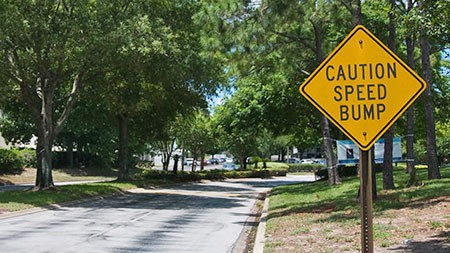Home owners associations can block the transfer of a property if the owner has not paid outstanding levies.
A recent case has shed light on a matter which has seemingly been a source of conflict and confusion within property circles for some time. According to sectional title specialist Professor Graham Paddock, the Supreme Court of Appeal (SCA) recently found in favour of homeowner associations’ (HOA) right to prevent the transfer of a property when an owner has gone bankrupt and cannot pay outstanding levies.
The judgment for the case in question, ‘Willow Waters Homeowners Association (Pty) Ltd v Koka N.O and others’ stated that: “a title deed condition that restrains an owner from transferring a property until the homeowners association issues a levy clearance certificate gives rise to a real right that is binding on all persons, including the insolvent estate of an HOA owner and which in effect gives the HOA the right to prevent transfer until the amounts due to it by the insolvent are paid.”
The case came about when a trustee charged with winding up the insolvent estate chose not to recognize that the HOA’s claim for outstanding levies must be paid in full before the HOA issued a clearance certificate. If this had played out, the other HOA owners would have had to carry the loss of the outstanding levies.
Notes Paddocks: “As such, the judgment brings welcome clarity and confirmation of the position as practitioners have historically understood it.”
He adds that a title deed condition that operates in favour of the HOA, which restricts the owner’s right to transfer the property without the lodgment at the deeds registry of an HOA levy clearance certificate, has an effect similar to the provisions of section 15B of the Sectional Titles Act which effectively prevents a sectional title owner from transferring their unit if they owe money to the body corporate and enables the HOA to embargo the property until any outstanding monies are paid or secured.
The moral of the story is that it is apparent (unless the matter is elevated to the Constitutional Court and a different judgment is passed down) that owners will have to be in good standing with their HOA’s should they wish to sell their properties. In other words, make sure you pay your levies on time, every time and if you run into trouble, approach your bank and the HOA immediately to try and negotiate payment terms. It’s quite clear that putting off such matters will only complicate things and backfire in the long run.
The case study was kindly supplied by sectional title specialist company Paddocks.




